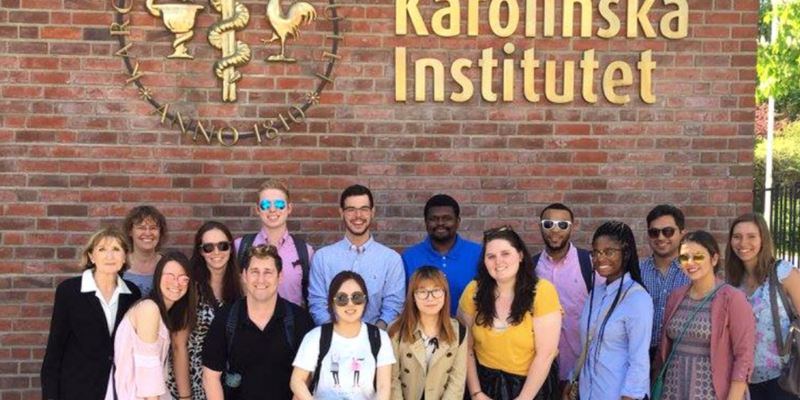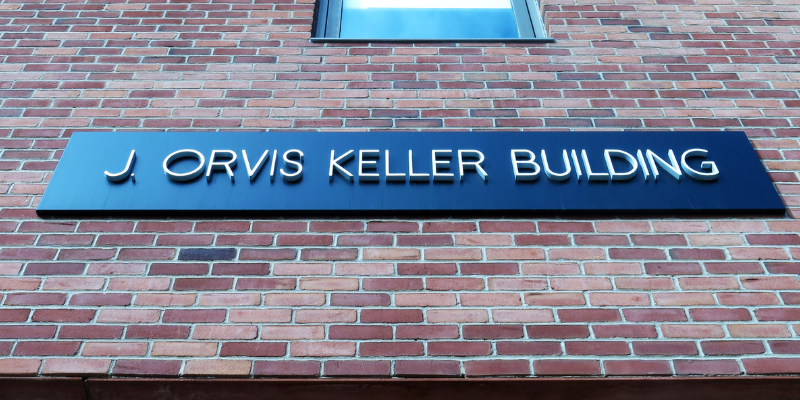










Graduates of the Penn State HRER master’s program have great success when they enter the job market. Almost all of our alumni had at least one job offer prior to graduation. Many had multiple offers. Earning a master’s degree usually results in salaries that are $15,000-$30,000 above those of undergraduates entering similar fields. Starting salaries generally range from $65,000-$80,000. The average offer made to our 2017 graduates was $73,000. While most students find jobs with corporations and consulting companies, employment opportunities also are available in unions, government agencies, and nonprofit organizations. Some graduates from our program also elect to continue their studies at law school or in a Ph.D. program.
The primary role of the human resource management function is to get the right people in the right place at the right time and ensuring that they have the knowledge, tools, resources, motivation, and processes required to succeed. HRM professionals maximize employee and team performance in alignment with the organization’s strategic goals. HRM professionals can be consultants, generalists, or specialists.
The median wage for an HR manager in 2018 was $113,300 according to O*NET, and the projected growth in the profession from 2016-2026 is 5-9%. HR Manager is also ranked as Glassdoor’s 12th Best Job in America in 2020.
In Penn State’s MS in HRER degree program, you will gain the knowledge and professional skills needed to be effective in a variety of HRM roles. Some HRM career paths include:
Employee relations involves resolving disputes between workers and managers, negotiating and managing collective bargaining agreements, and coordinating grievance procedures to handle employee complaints. According to O*NET, the median wage for labor relations specialists in 2018 was $67,790. Some ER career paths include:
For more information, see our Careers page or contact the School’s dedicated Career Coach, Danielle Liddic.